SUMMARY
This is AI generated summarization, which may have errors. For context, always refer to the full article.
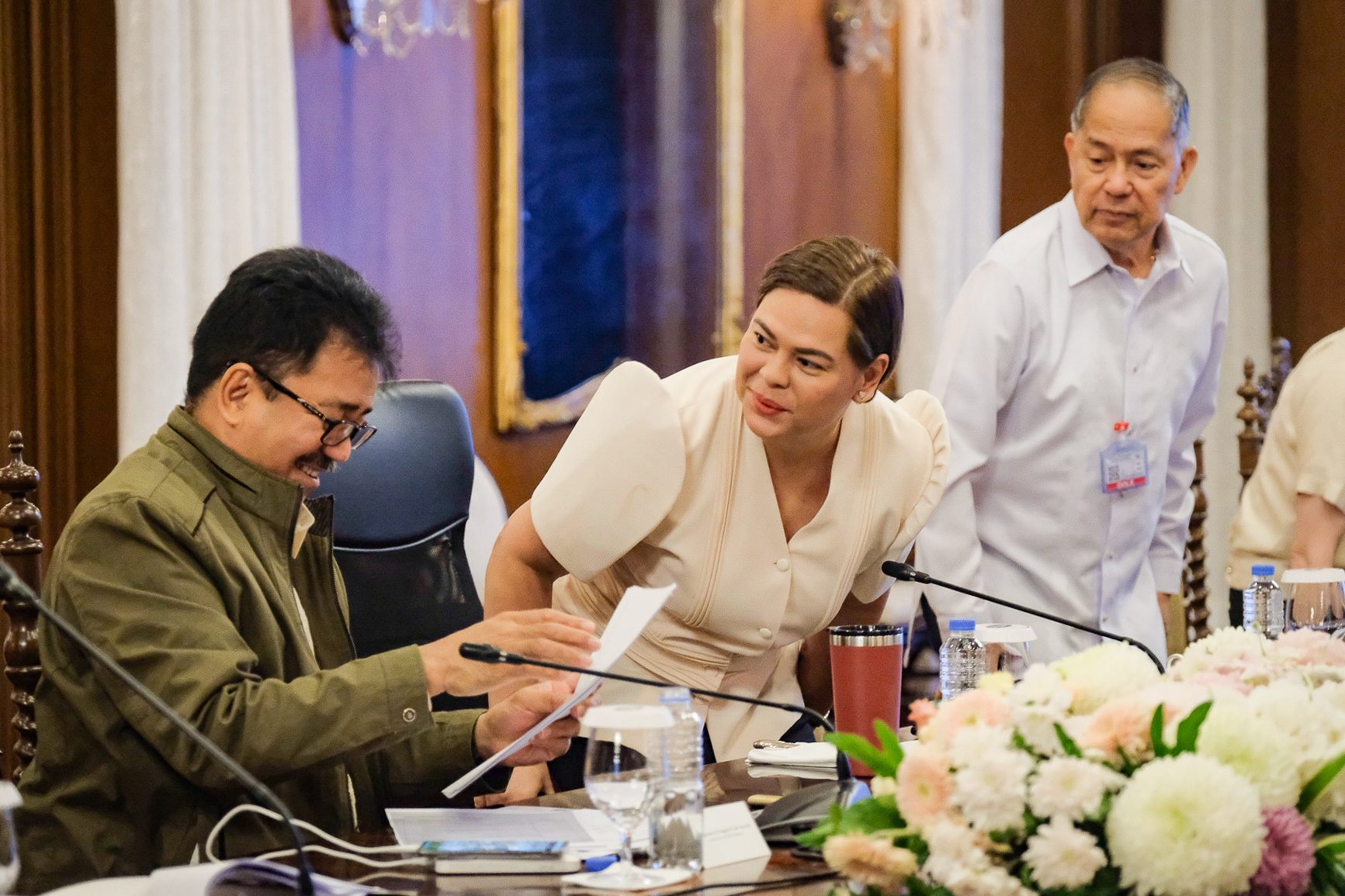
MANILA, Philippines – Commission on Higher Education (CHED) Chairperson Prospero de Vera is proposing a change in how prospective students are admitted into the country’s public universities.
He wants to prioritize “education that is accessible to those who need it the most.”
De Vera mentioned the pitch in a press briefing on Tuesday, July 11, after presenting to the President the commission’s achievements in the first year of the Marcos administration. The education department also presented its own updates during the same sectoral meeting at the Malacañang Palace.
CHED, an office under the Office of the President, is tasked to ensure quality higher education in the country.
“It is time that we focus on equity – meaning, a conscious effort to identify the groups that we need to bring to university education that can be marginalized because of the admission process and the competitiveness,” said De Vera.
The CHED chair said he envisioned admissions processes that are “very conscious in identifying students from public schools, students from poverty areas, the children of indigenous people, those who have been marginalized, to assist them to pass the admission test.”
In practical terms, it means putting weight on criteria that indicate a prospective students’ handicap, De Vera explained in a chance interview following the press briefing.
In the case of the University of the Philippines College Admission Test, he said, it means factoring in data such as where a person lives or a person’s parents’ income in determining how one’s test results and grades from basic education would be assessed.
It could also mean putting more weight on those who live outside of Metro Manila, to encourage those from the provinces to enter the UP system, or giving more points for applications who come from poor families, in order to give poorer students a better shot at a UP education.
De Vera, citing studies done at the university level across different countries, said students who enter tertiary education can still catch up within two years “if the learning environment is good.”
“Hindi porke mahina ang preparations niya, forever na condemned na siya na hindi na siya magiging magaling,” he said. (These students are not condemned to being behind forever just because their preparations weren’t as thorough.)
“It only takes two years,” he added.
UP applicants are assessed via a combination of their weighted average from their first three years of high schools, their scores from the four subtests of the UPCAT itself. The UPCAT website also notes that to “implement the policy of democratization to make the UP studentry more representative of the nation’s population, socio-economic and geographic considerations are factored in the selection of campus qualifiers.”
De Vera said he would be submitting the proposal to Marcos “immediately.” – Rappler.com
Add a comment
How does this make you feel?
![[Time Trowel] Mentorship matters](https://www.rappler.com/tachyon/2024/04/mentorship-matters.jpg?resize=257%2C257&crop_strategy=attention)

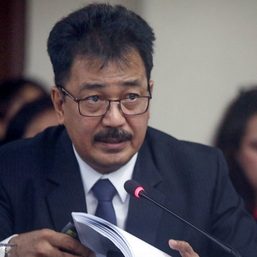
![[ANALYSIS] The multiplier effect of negligence in education](https://www.rappler.com/tachyon/2024/04/The-multiplier-effect-of-negligence-in-education.jpg?resize=257%2C257&crop=277px%2C0px%2C720px%2C720px)
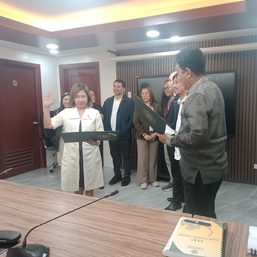
![[In This Economy] Is the Philippines quietly getting richer?](https://www.rappler.com/tachyon/2024/04/20240426-Philippines-quietly-getting-richer.jpg?resize=257%2C257&crop=194px%2C0px%2C720px%2C720px)
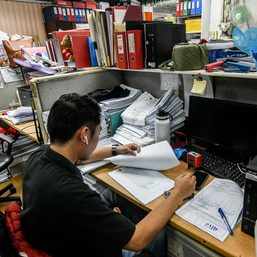
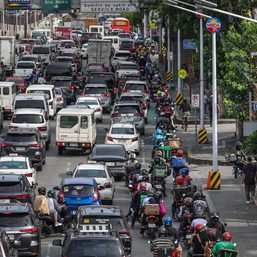
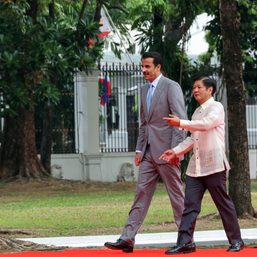

There are no comments yet. Add your comment to start the conversation.